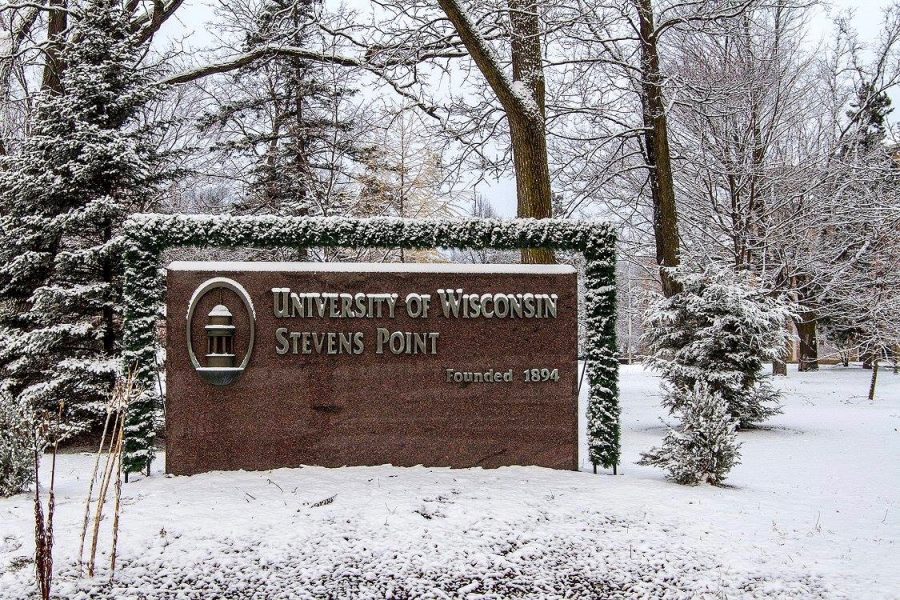Keep Liberal Arts Education to Cultivate Communities Across the Nation
Rural universities, such as the University of Wisconsin-Stevens Point, are considering cuting liberal arts programs. (Courtesy of Facebook)
By Ned Sheehan
A Jan. 12 article in The New York Times entitled “Students in Rural America Ask, ‘What is a University Without a History Major?’” discussed how rural universities have reacted to drops in enrollment in liberal arts subjects like history, mainly in order to take on a more polytechnic focus.
While this is a disturbing trend for higher education in our nation, but we should also use this as an opportunity to reflect on how Fordham prioritizes its departments.
Firstly, this is an appalling development. As a history major, the idea that colleges would treat that program as a waste of space is a disastrous one.
And what is more, it is an important jolt of perspective on campus issues. After all, these are not the sort of selective schools that most Fordham students applied to.
The schools that are shuttering large portions of their liberal arts programs are generally public or small private universities from rural areas. The student body at these schools is much more likely to come from a poor or working-class background and to be the first in their families to attend college at all.
The fact is these shifts will have serious consequences on their communities. It is these schools that provide the history and English teachers at local high schools, after all.
Indeed, that may well be the most terrifying thing about this plan, no small thing in an increasingly online world where extremists of all stripes torture the past into a series of distorted sound bites to propagate their agendas. But more than that, we in the Fordham community should look at how we at elite schools look at the liberal arts, and the effect our perspective on it can have.
The fact is, many people view things like history as a less than useful subject, wrongly feeling it does not lead to a career.
Now, I will not be personally affected by this, because I go to Fordham, with a strong endowment and a good history department. But as someone with a love of history, I again am terrified about how these biases could do real damage to some parts of our country. After all, if my history teachers had been totally untrained in the subject and had I had no access to a college with such a program, where would I be today?
At the end of the day, we, as Fordham students, must re-emphasize the importance of the liberal arts, and be grateful that we go to a school where that is an option for us. After all, a lot of people have no such luck.
Ned Sheehan, FCRH ’22, is a history major from Needham, Massachusetts.








































































































































































































